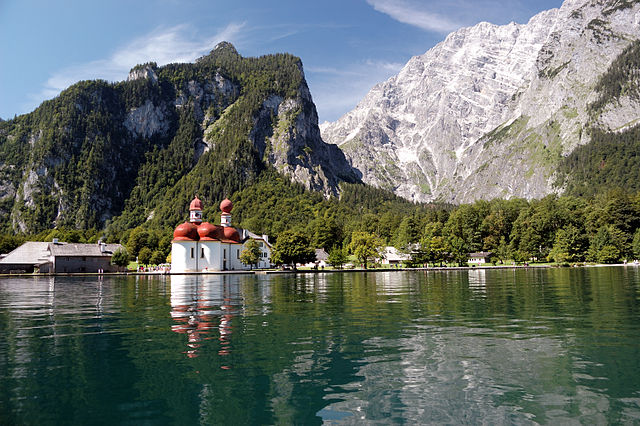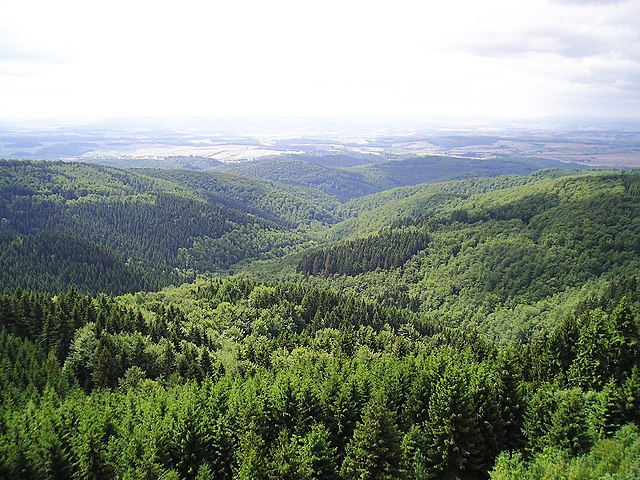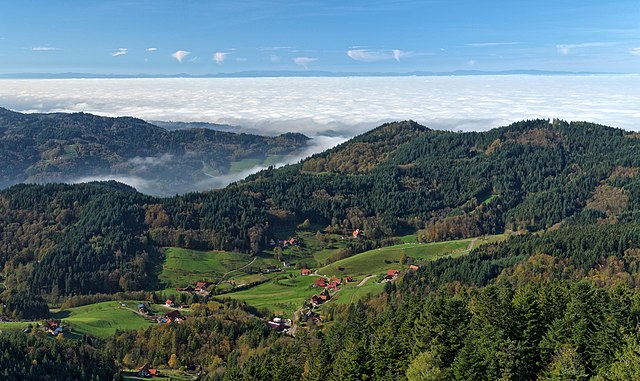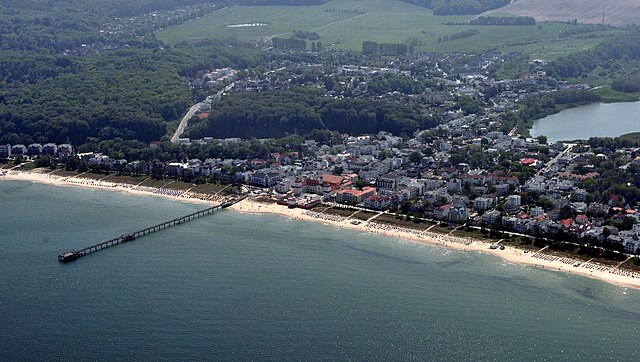Germany is the eighth-most-visited country in the world, with a total of 407.26 million overnights during 2012. This number includes 68.83 million nights by foreign visitors, the majority of foreign tourists in 2009 coming from the Netherlands, the United Kingdom, and Switzerland. Additionally, more than 30% of Germans spend their holiday in their own country. According to Travel and Tourism Competitiveness Reports, Germany is ranked 3 out of 136 countries in the 2017 report, and is rated as one of the safest travel destinations worldwide.
Bavaria is the German state with the most visitors.
Mecklenburg-Vorpommern with its beaches at the Baltic Sea has the highest density of tourists. It is favourably located between Germany's major cities Berlin and Hamburg.
The Harz with its rugged terrain extends across parts of Lower Saxony, Saxony-Anhalt, and Thuringia and has a long history of mining and being a seat of German political power, represented in the Unesco world heritage sites of Goslar and Quedlinburg.
The Black Forest is a large forested mountain range in the state of Baden-Württemberg in southwest Germany, bounded by the Rhine Valley to the west and south and close to the borders with France and Switzerland
Rügen is Germany's largest island. It is located off the Pomeranian coast in the Baltic Sea and belongs to the state of Mecklenburg-Western Pomerania.
Mönchgut lagoon countryside
Cape Arkona
Jasmund National Park, famous for its chalk cliffs, the symbol of Rügen: Victoria-Sicht (Victoria's View) and Königsstuhl (King's Chair) from the Baltic Sea
Binz








